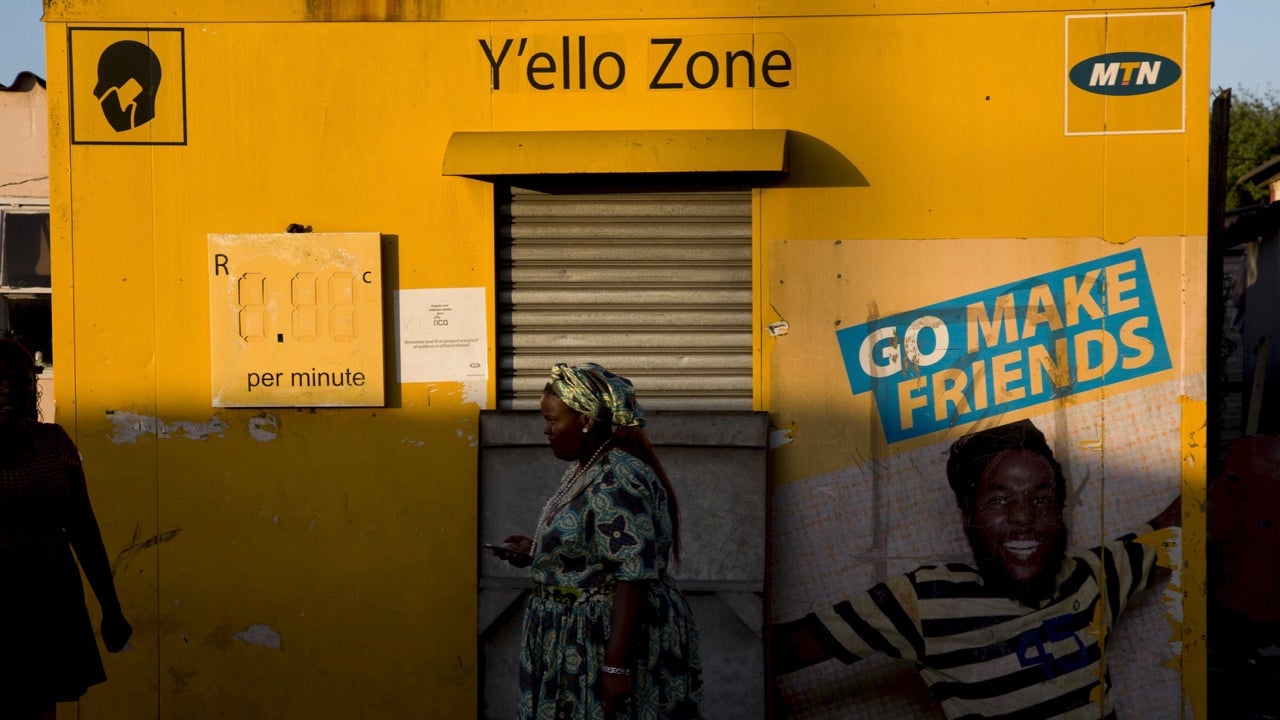Uganda says it deported MTN executives for “compromising” national security
Ugandan authorities are viewing Africa’s largest telco with suspicion, after detaining and deporting their executives this week.


Ugandan authorities are viewing Africa’s largest telco with suspicion, after detaining and deporting their executives this week.
First, police arrested MTN Uganda’s chief marketing officer Olivier Prentout, a French national, at Entebbe airport as he was returning from a business trip on Saturday, Jan. 19 and deported him back to France.
Then on Monday morning (Jan. 21), police arrested head of sales and distribution, Annie Bilenge Tabura at MTN’s headquarters in Kampala and deported her back to her country of origin, Rwanda, according to MTN. On Tuesday, Jan. 22, MTN Uganda’s head of mobile financial services, Elza Muzzolini, an Italian national, was also deported after reportedly being interrogated for four hours.
“MTN Uganda has not been officially notified of the grounds for these arrests and deportations and is trying to establish the precise reasons for the deportations,” the company said in a statement late Wednesday (Jan. 23).
“We strongly believe that the deportation of the two foreigners, who were using their employment as tools to achieve their ill motives, has enabled us [to] disrupt their intended plans of compromising our national security,” the Uganda Police Force said in a statement. The statement was released before the third deportation and the police force has given no further information.
On Thursday (Jan. 24) MTN CEO Rob Shuter met with Ugandan president Yoweri Museveni on the sidelines of the World Economic Forum in Davos, in what Shuter called a “cordial meeting.”
“Our perspective is that we’re a law-abiding citizen,” he told CNBC Africa. “We’ll comply with whatever’s asked of us but we do still need to understand what the Ugandan authorities’ concerns were.”
The issue around listing MTN Uganda on the local stock exchange was also raised. While Shuter was noncommittal, saying “we discussed more broadly the concept of Ugandan participation,” Museveni pre-empted him with a tweet, while the Ugandan National Social Security Fund releasing a statement saying it was in talks to buy MTN shares. Shuter responded that the listing is not the only way to increase local participation.
MTN may not have much room to negotiate in Uganda, after twenty years their operators’ license is up for renewal. It expired in October and was renewed on a temporary 60-day basis, pending “unspecified issues.” MTN Uganda paid $58 million instead of the $100 million renewal fee, with Museveni criticizing the Ugandan Communications Commission over the perceived discount. Shuter and Museveni also discussed the president’s accusation that international telcos are “under-declaring” calls to avoid taxation, a problem Shuter blamed on “nefarious elements” and said needed to be tackled as an industry.
This isn’t the first time Ugandan security authorities have been suspicious about MTN. In July, security officers raided MTN’s data center and disconnected four servers. In that operation, two Huawei Uganda employees were also detained, and no reason was given for the raid, according to The East African newspaper. The Chinese telco maintains MTN’s data center in Uganda.
MTN is largest mobile operator in Uganda with more than 10-million subscribers, a fraction of its 225,4 million subscribers across 21 countries in the Middle East and Africa. Launched in 1994, Africa’s dominant telco has recently had run-ins with state authorities. Last year in its largest market, Nigeria, MTN paid $53 million to the central bank following allegations that it had illegally repatriated funds. Two years earlier, MTN had to pay a $1.7 billion settlement after an illegal SIM dispute, and MTN’s shareprice is still struggling to recover.
This story has been updated.
Sign up to the Quartz Africa Weekly Brief here for news and analysis on African business, tech and innovation in your inbox